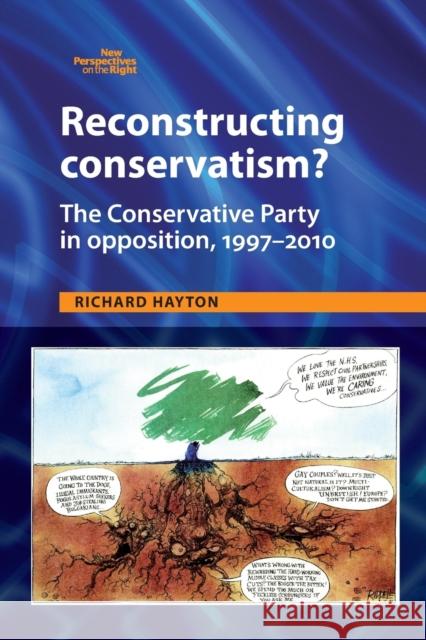Reconstructing Conservatism?: The Conservative Party in Opposition, 1997-2010 » książka
Reconstructing Conservatism?: The Conservative Party in Opposition, 1997-2010
ISBN-13: 9781784993894 / Angielski / Miękka / 2016 / 192 str.
Why did it take the Conservative Party so long to recover power? After a landslide defeat in 1997, why was it so slow to adapt, reposition itself and rebuild its support? How did the party leadership seek to reconstruct Conservatism and modernise its electoral appeal? This highly readable book addresses these questions through a contextualised assessment of Conservative Party politics between 1997 and 2010. By tracing the debates over strategy amongst the party elite, and scrutinising the actions of the leadership, it situates David Cameron and his 'modernising' approach in relation to that of his three immediate predecessors: Michael Howard, Iain Duncan Smith and William Hague. This holistic view, encompassing this period of opposition in its entirety, aids the identification of strategic trends and conflicts and a comprehension of the evolving Conservative response to New Labour's statecraft. Secondly, the book considers in depth four particular dilemmas for contemporary Conservatism: European integration; national identity and the 'English Question'; social liberalism versus social authoritarianism; and the problems posed by a neo-liberal political economy. The book argues that the ideological legacy of Thatcherism played a central role in framing and shaping these intraparty debates, and that an appreciation of this is vital for explaining the nature and limits of the Conservatives' renewal under Cameron. Students of British politics, party politics and ideologies will find this volume essential reading, and it will also be of great interest to anyone concerned with furthering their understanding of contemporary British political history.











